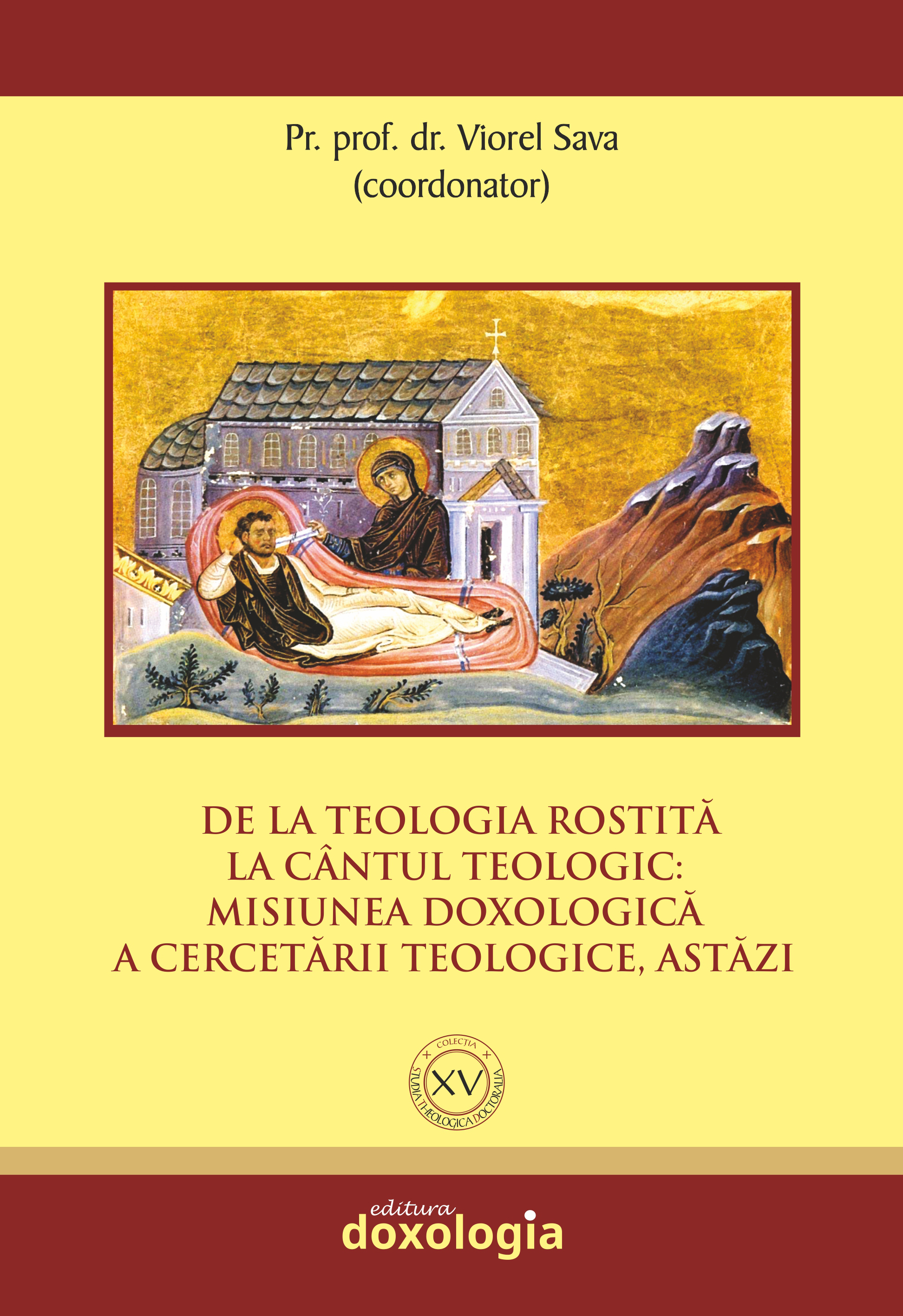Cuviosul Antipa de la Calapodești (1816-1882), 3 ani de viețuire în Mănăstirea „Tuturor Sfinților Români și ai Athonului” Bucium, Iași
The Abbot Antipa from Calapodești (1816-1882), 3 years of life in the Monastery of "All Saints of Romania and Athon" Bucium, Iasi
Author(s): Lucian Mihail Moisei
Subject(s): Theology and Religion, History of Religion
Published by: Editura Doxologia
Keywords: Bucium; Prodromu; Antipa; abbot; hermitage;
Summary/Abstract: The 19 th century was dominated by the struggle of Romanians from all over the world to gain independence, to forge unity and to develop the cultural and economic life of the country. As far as the Church in Moldova and Wallachia is concerned, this period is characterized by the revival of church life, the removal of the foreign element from the Romanian Orthodox Church, the flourishing of theological literature, the unification of church organization, the accomplishment of the great reforms after 1859 and the official recognition of autocephaly in 1885.The history of the Monastery "All the Romanian and Athos Saints" Bucium, Iasi, is closely related to the history of the Romanian Hermitage Prodromu on Mount Athos, whose metoch was until the archpriesthood of the Metropolitan of Moldavia Pimen Georgescu (1909-1934), who will call the metoch of Iasi, "Bucium Hermitage", being marked by the period in which Saint Antipa from Calapodești was itsadministrator (1856-1859), but also by the hosting of the miracle-working icon of Our Lady "Prodromița" for a short period of time, after it was wonderfully painted on June 28, 1863. During his time as a priest at Bucium, the Abbot Antipas of Calapodesti showed a genuinely Christian way of life, which was confirmed by the piety and honour he received, both from ordinary people and those in positions of leadership, metropolitans, bishops, abbots and dignitaries, his words further evidenced his spiritual discernment, love of God and neighbour, humility, obedience, asceticism and care for the holy things.
- Page Range: 319-327
- Page Count: 9
- Publication Year: 2023
- Language: Romanian
- Content File-PDF

